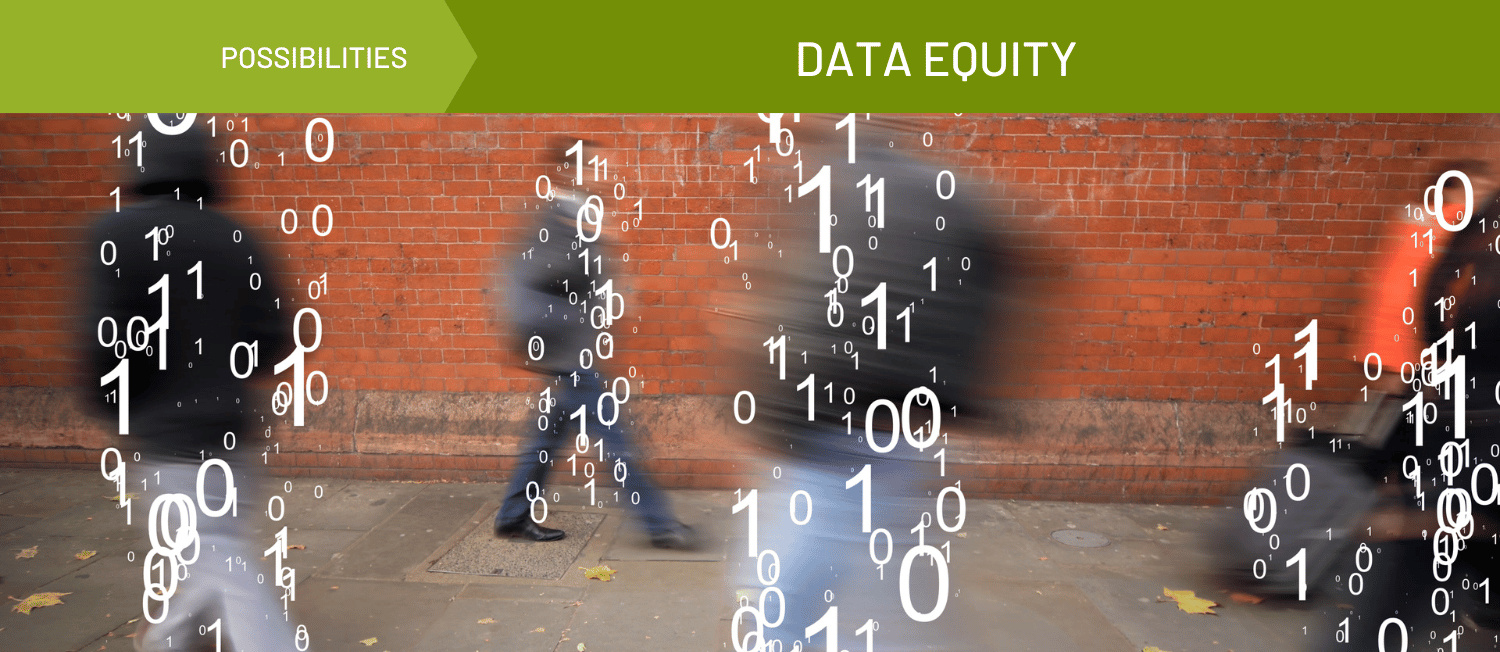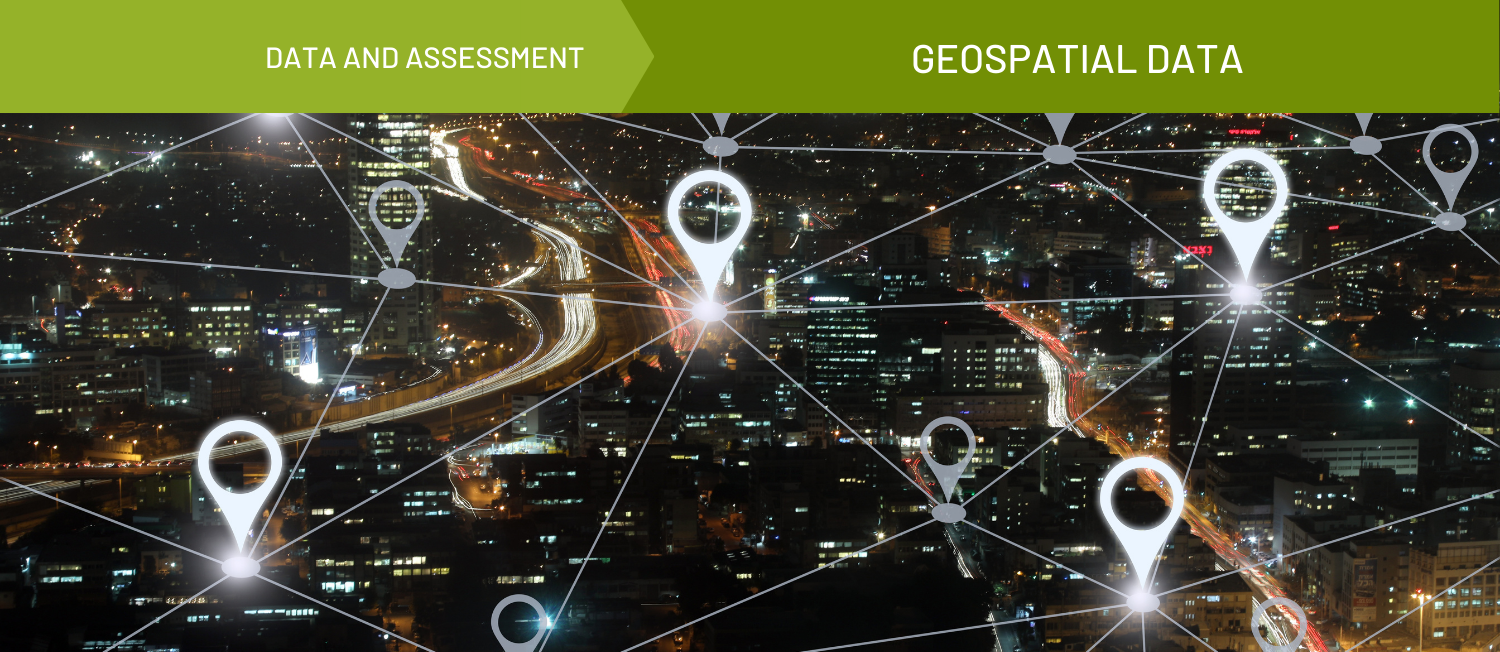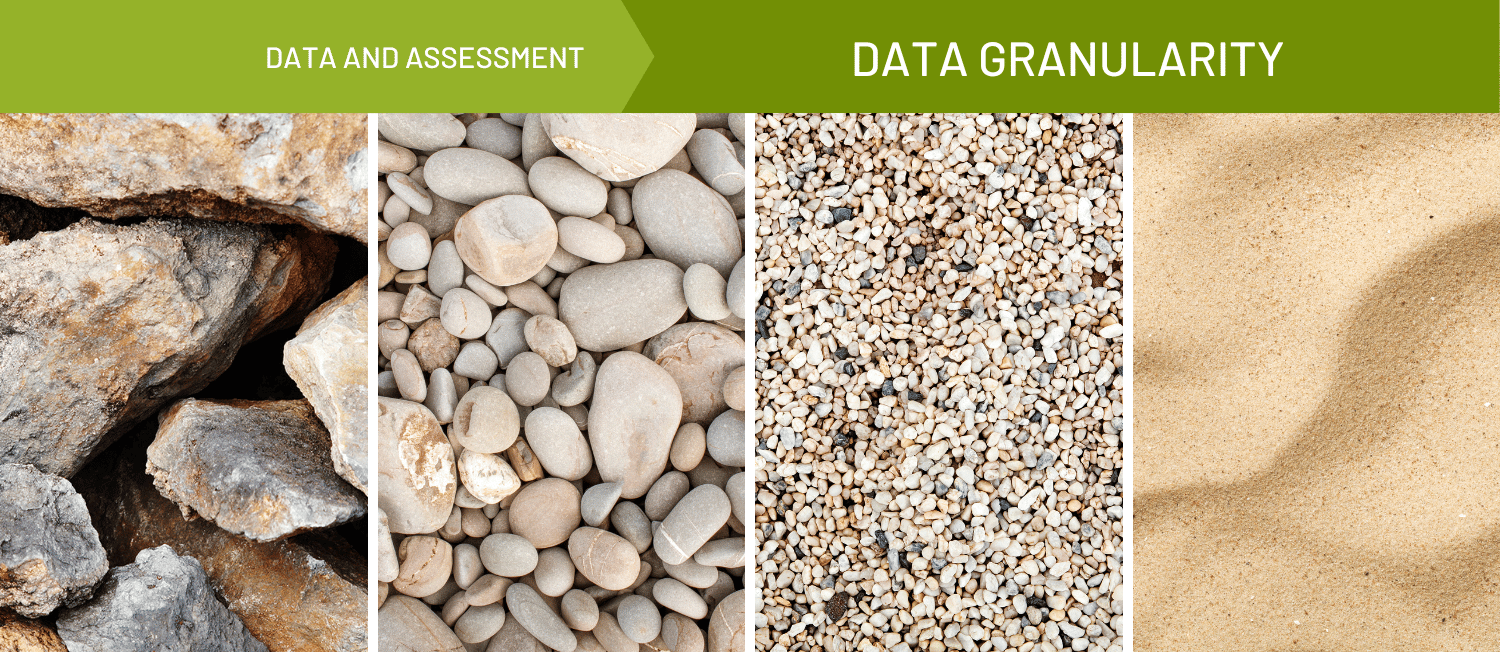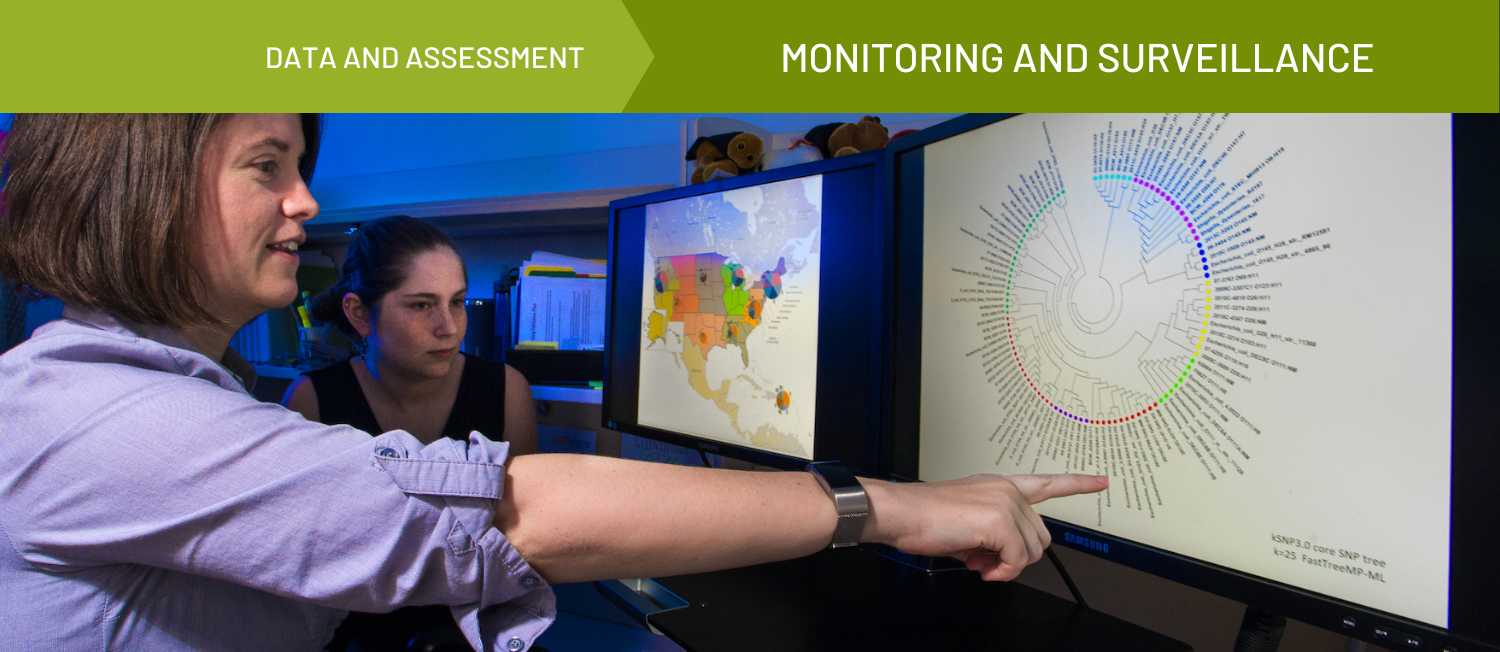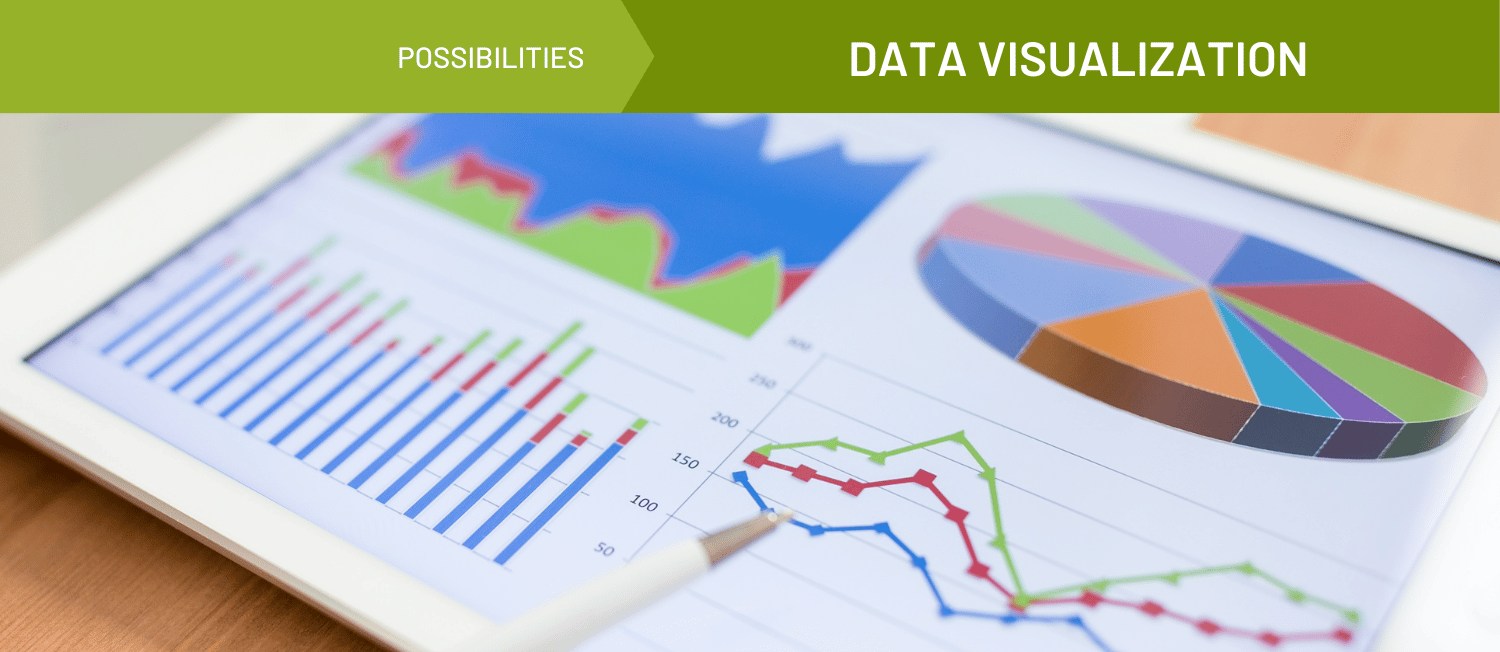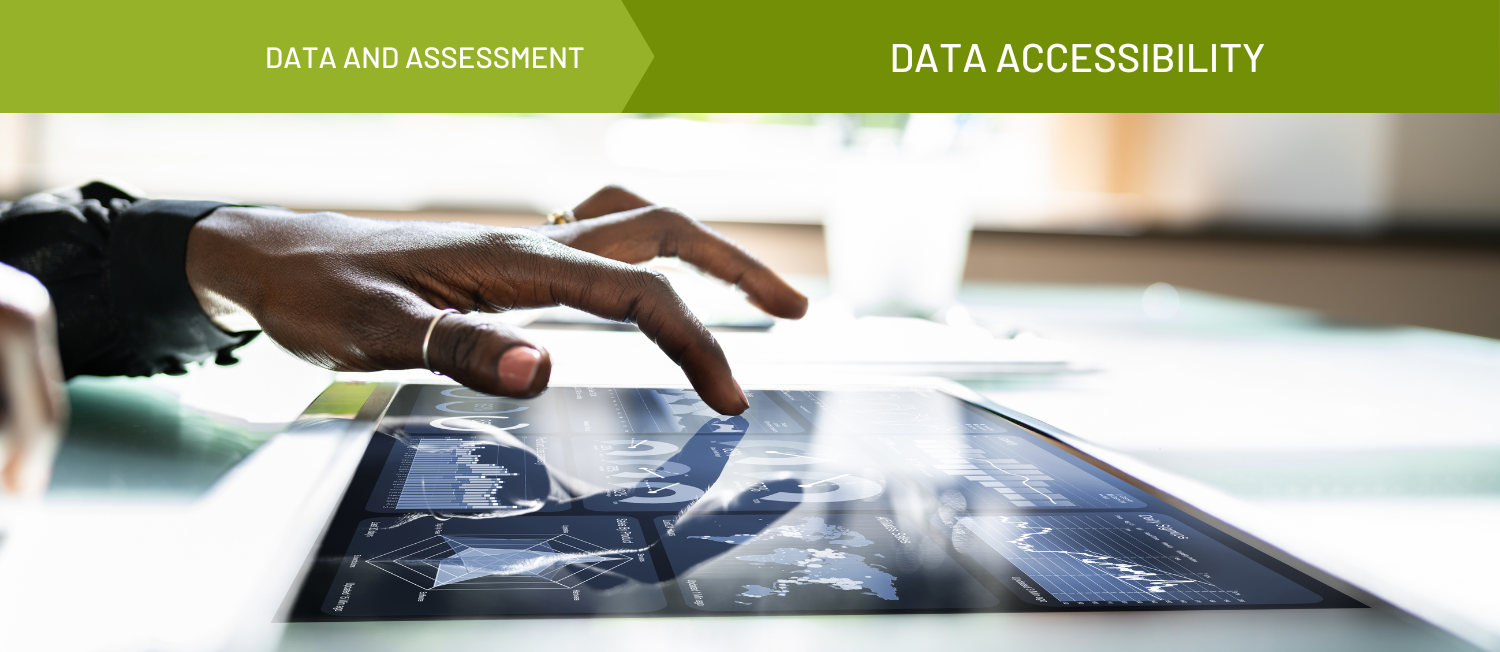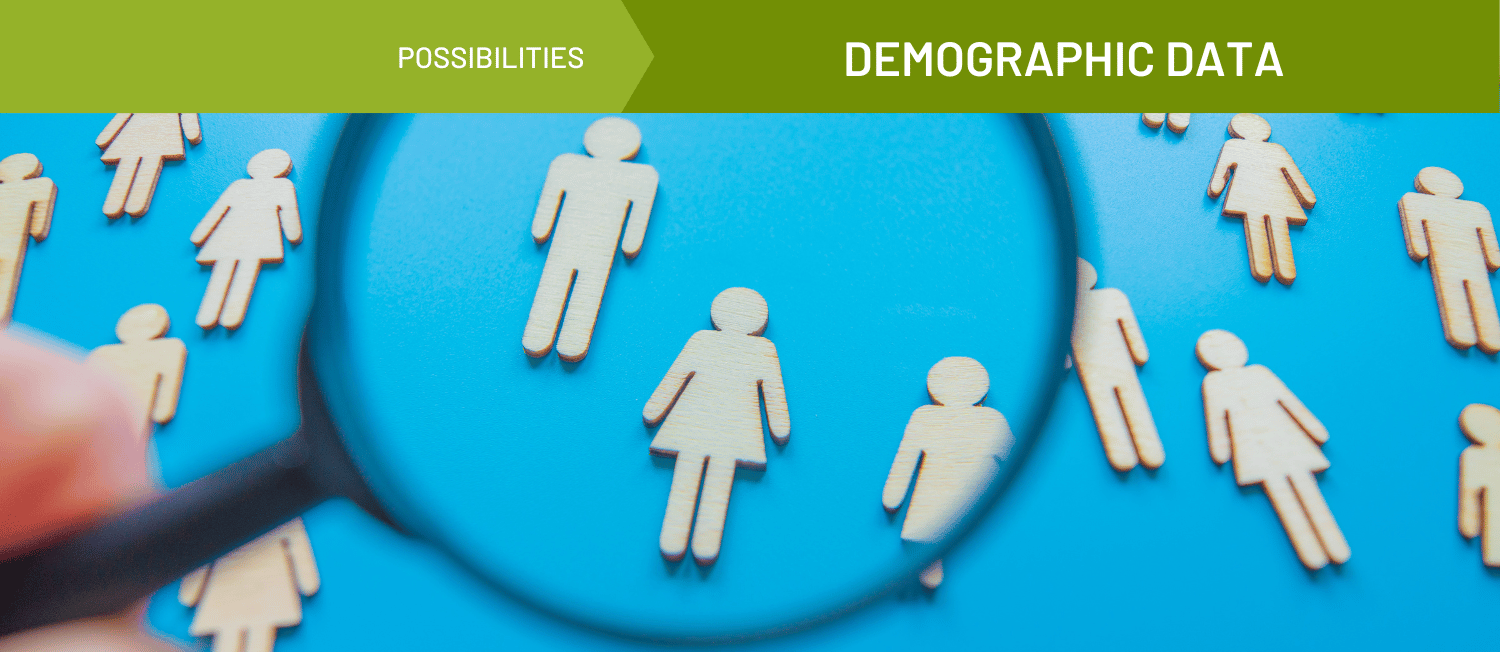Demographic Data
Demographic data provide important statistical information regarding populations, including age, race, sex, and more—information that can be applied in many different ways by those working to advance equitable well-being. Demographic data can expose trends, changes, and disparities across communities. Demographic data are used to improve and inform policies that impact communities. Demographic data collected through the U.S. Census Bureau’s American Community Survey are used to inform federal, state, local, and tribal policies, providing crucial information about the communities they serve and future policy-making and funding. U.S. Census data has also been used to inform demographic reports such as Mapping America’s Diversity with the 2020 Census, which highlights the growing racial and ethnic diversity across the United States.
Demographic data are crucial in public health practice because they help to describe communities and the people who live there. They are used to improve public health policy, allocate resources and support, and strategize interventions. For example, Data for Black Lives uses data to create and reform data systems to empower communities of color. “Bad” data—data that are invalid or not representative, as well as lack of data, are threats to equity. Both undercounting and overcounting when collecting demographic data can contribute to inadequate information and growing mistrust toward systems and institutions. Bad data lead to inaccurate information, on which policies and programs often rely. A lack of demographic data can create a vacuum of information (as seen with the COVID-19 pandemic) about vulnerable populations, which can further exacerbate racial and ethnic disparities. On the other hand, presenting disaggregated data may contribute to stigma and present risks to privacy.
Adoption of data equity practices, such as enforcing demographic data collection in federal and state data surveillance and collection programs, and disaggregating data where possible to capture racial and ethnic identity, can improve data collection at national and state levels. At local levels, community organizers and policy-makers can utilize demographic data to promote equity-driven data and create transformative systems of change.
Resources & Tools
Using Data Walks To Spur Community Conversations Around the Realities of Food Insecurity
Resource - Blog
Brought to you by Urban Institute
Interactive Summary Health Statistics for Children
Resource - Data Bank/repository
Brought to you by CDC National Center for Health Statistics
A Scoping Review of Virtual Focus Group Methods Used in Rehabilitation Sciences
Resource - Journal Article
Interactive Summary Health Statistics for Adults
Resource - Data Bank/repository
Brought to you by CDC National Center for Health Statistics
Do No Harm Guide: Crafting Equitable Data Narratives
Resource - Guide/handbook
Brought to you by Urban Institute
Interactive Summary Health Statistics for Adults, by Detailed Race and Ethnicity
Resource - Data Bank/repository
Brought to you by CDC National Center for Health Statistics
Minority Population Profiles
Resource - Website/webpage
Brought to you by U.S. Department of Health and Human Services
Community-Driven Data and Evaluation Strategies to Transform Power and Place
Resource - Guide/handbook
Brought to you by Build Healthy Places Network
More Than Numbers: A Guide Toward Diversity, Equity, and Inclusion (DEI) in Data Collection
Resource - Guide/handbook
A Guide to Conducting Online Focus Groups
Resource - Guide/handbook
Brought to you by Vital Strategies
Hispanic/Latino Health in the United States: A Pathfinder to Resources
Resource
Brought to you by U.S. Department of Health and Human Services
Focus Group Tip Sheet
Resource - Fact Sheet
Brought to you by U.S. Department of Health and Human Services
Native Data Sovereignty Can Address Data Gaps and Improve Equity
Resource - Blog
Brought to you by Urban Institute
Published on 06/13/2022
Demographic Data Helps Colorado Lawmakers Assess Potential Disparate Impact of Proposals
Resource - Journal Article
Brought to you by The Pew Charitable Trusts
Digital Data Sources and Their Impact on People's Health: A Systematic Review of Systematic Reviews
Resource - Journal Article
Brought to you by Frontiers
Perils and Possibilities: Achieving Best Evidence from Focus Groups in Public Health Research
Resource - Journal Article
Imagine Fox Cities Data Deep Dive: Learn How to Use the Tool
Resource - Webinar
Brought to you by Imagine Fox Cities
Rural America Lost Population Over the Past Decade for the First Time in History
Resource - Policy Brief
LGBT Data: Who Is Helping to Fill the Gap?
Story
-
 Original
Original
Brought to you by Community Commons
Published on 01/19/2017
Quiet Neglect: Algorithmic Bias in Healthcare Is Hurting Older Adults
Story - Written
Brought to you by Breaking Media, Inc.
Published on 02/04/2024
Using Benchmarks to Explore Population Health Data
Story
Brought to you by IP3
Published on 08/23/2022
Understanding and Interpreting Population Health Measures
Story - Written
Brought to you by IP3
Published on 11/15/2022
Foundations for Community Health Data Users
Story
-
 Original
Original
Brought to you by Community Commons
Published on 04/17/2024
Our Favorite Data Sources Part II
Story
-
 Original
Original
Brought to you by Community Commons
Published on 07/09/2024
The Demographics Of Covid: Explore The Pandemic's Impact Across Age, Race, Gender, And Ethnicity
Tool - Data/mapping Tool
Data & Metrics
Related Topics
